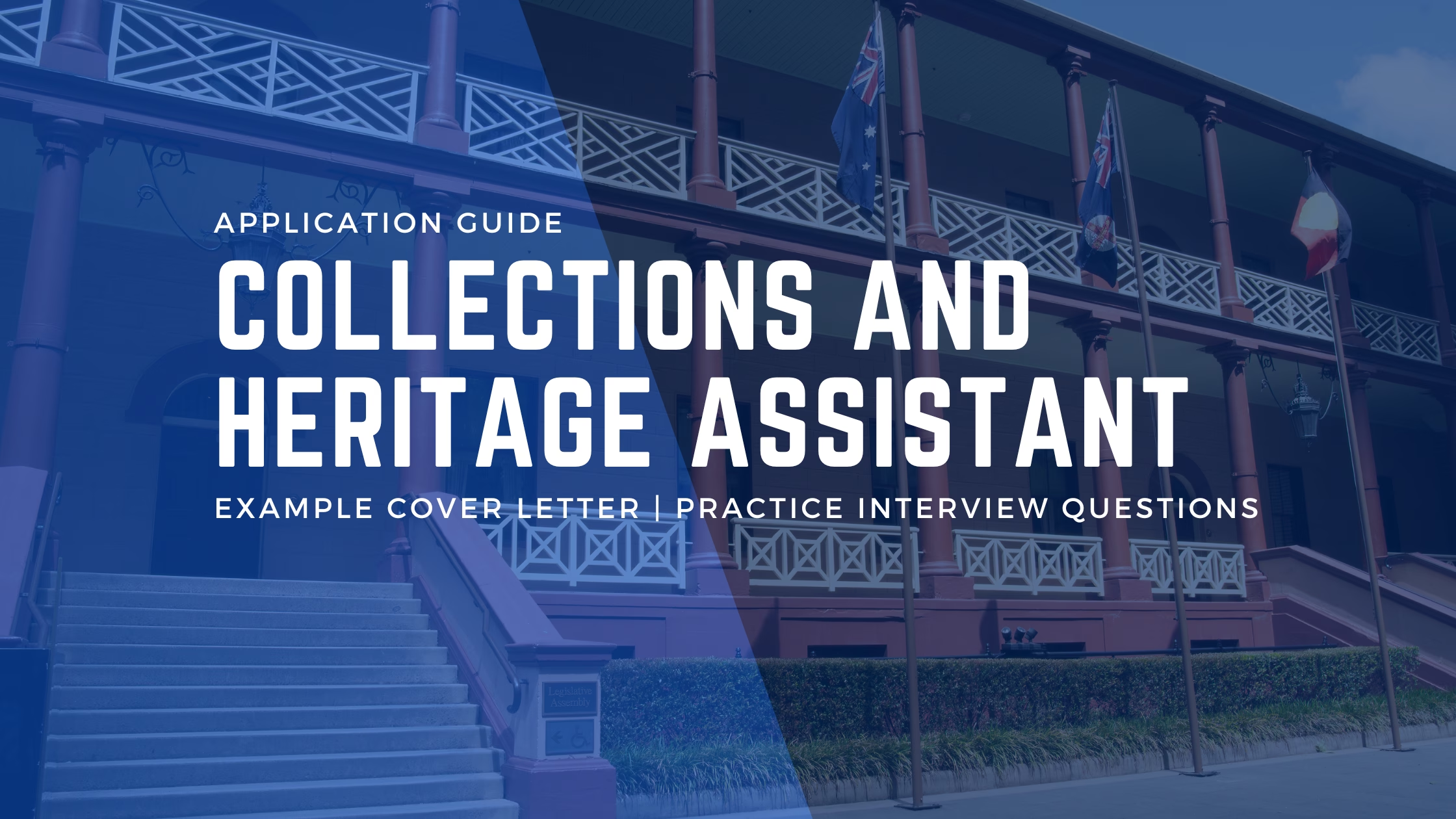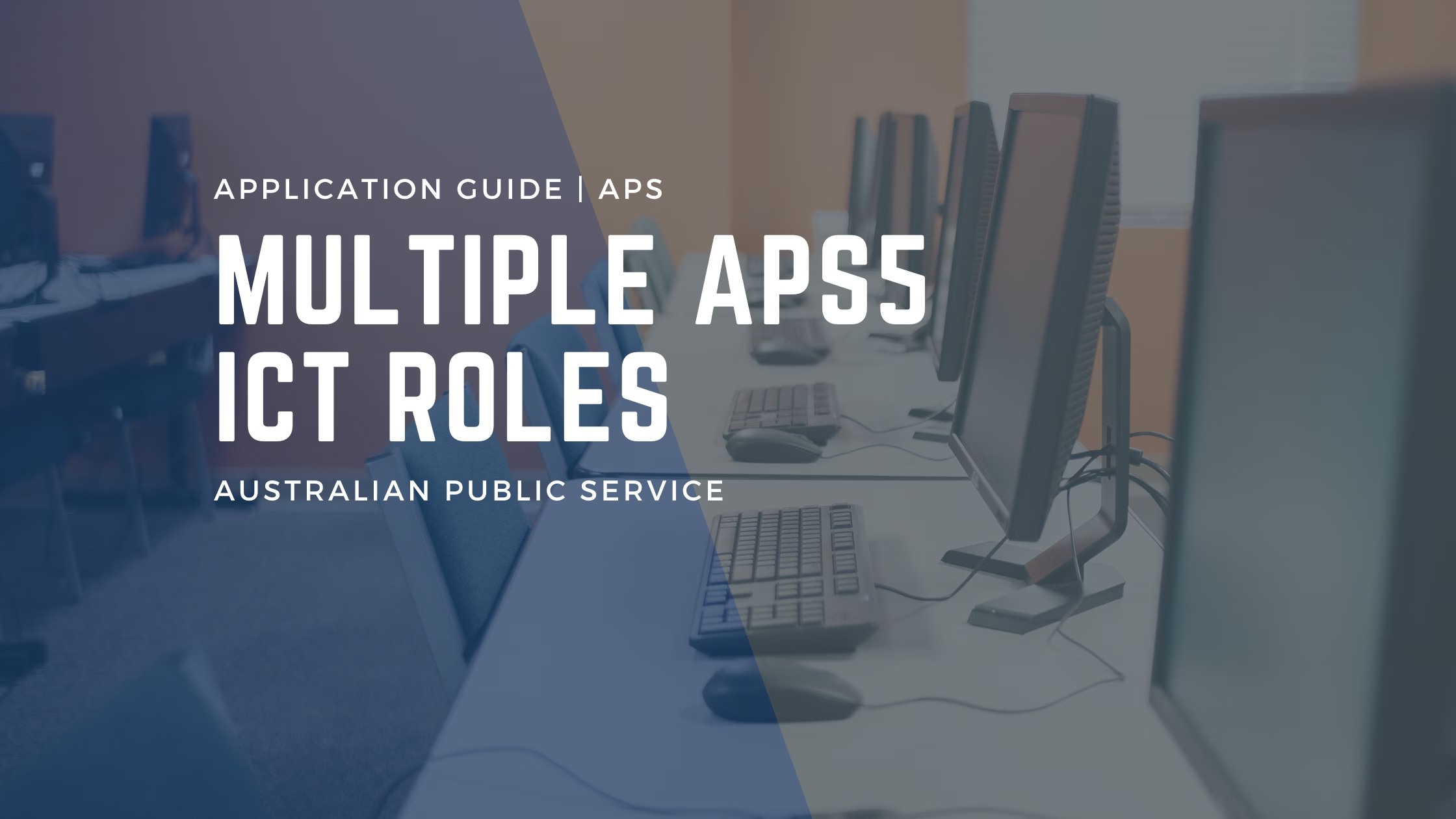If you’ve just nailed your public sector job interview, the next step—hopefully—is the letter of offer.
This confirms that you’re the preferred candidate and have landed the job—congratulations!
But before you rush to accept, take a moment. Government roles and their public sector pay structures differ from other sectors, so it’s crucial to maximise your salary on entry. This is your last real opportunity to influence your public sector pay and future salary increases for years to come.
Public sector roles, whether in the NSW Public Sector, Australian Public Service (APS), or other government organisations across Australia, operate on structured pay scales. For Public Sector Pay – pre-determined scales define your base salary, superannuation contributions, and other benefits, forming your total remuneration package.
If you’re new to the public sector or transitioning from private employment, understanding these grades and bands is crucial to making informed career decisions and negotiating effectively.
Can You Negotiate Public Sector Pay?
Yes, you can—but you need to understand how public sector pay and recruitment work to do it effectively.
There are opportunities to negotiate your starting salary in certain situations.
What Do Public Sector Pay Scales Look Like?
When applying for a public sector position, you may encounter job listings with descriptions such as:
$131,846. Package includes salary ($110,266 – $122,058), employer’s contribution to superannuation, and annual leave loading.
But what does this actually mean? Let’s break it down.
Table of Contents

Looking for public sector interview questions?
Download comprehensive NSW government job interview questions and answer workbooks.
Decoding the “Package”
The total “package” for public sector pay refers to the combined value of your base salary, superannuation contributions, and annual leave loading (typically 17.5%).
- Base Salary: This is the annual amount you earn, which is paid fortnightly and constitutes your primary take-home pay.
- Superannuation: Your employer contributes a percentage of your base salary to your superannuation fund.
- Annual Leave Loading: A 17.5% bonus paid during your annual leave, a benefit unique to many public sector roles.
For instance, if the role is listed as a Clerk Grade 7/8 with a salary range of $110,266 to $122,058, your initial base salary may start at $110,266. After tax, this equates to approximately $3,237 per fortnight, plus $487 per fortnight contributed to your superannuation. Together, these components make up the advertised total package of $131,846.
Progressing Through the Pay Scale
While starting at the bottom of the public sector pay scale is standard practice, there are clear pathways for progression:
- Annual Increments: Employees typically advance one step within their grade each year. For example, a Clerk Grade 7/8 progresses from 7.1 to 7.2, then 8.1 to 8.2, until reaching the top of the band.
- Automatic Progression: Provided you meet performance expectations and aren’t subject to formal performance management, this progression occurs automatically.
By year four, you would likely earn the maximum base salary of $122,058. Factoring in annual public sector pay increases, this figure could rise to approximately $138,000 within the same timeframe.
Negotiating Your Public Sector Pay
While public sector pay follows structured bands, there are opportunities to negotiate your starting point in certain scenarios. Here’s how different situations may influence your negotiating position:
Scenario 1: Moving from Private to Public Sector (Higher Pay Offer)
If you’re transitioning from the private sector and the role represents a promotion, securing a higher starting level within the band may be challenging. Nonetheless, you should:
- Highlight your skills and experience.
- Emphasise any costs associated with the role, such as relocation or additional travel.
However, if the salary offer already exceeds your current private sector pay, negotiating beyond the base level may prove difficult.
Scenario 2: Moving from Private to Public Sector with a Pay Cut
If the public sector offer represents a pay cut, you have a strong case for negotiation. Be upfront about your current salary and provide evidence, such as recent payslips.
This approach may help you secure a higher starting level, such as Year 3 or 4 within the band, provided it remains within the listed salary range.
Scenario 3: Internal Promotion Within the Public Sector
When promoted within the public sector, negotiating a higher starting point can be difficult. Promotions adhere strictly to the band system, and success may depend on exceptional performance or specific expertise.
Scenario 4: Lateral Transfer or Lower Salary Role in the Public Sector
If you’re transferring laterally or moving into a role with a lower grade, it’s entirely reasonable to request starting at the top of the lower pay band. Leverage your previous experience at higher grades as a key argument during negotiations. In most cases, a transfer shouldn’t result in a pay cut. If you’re already at the top of your current band, you should remain there. Similarly, if you’re at Year Three within your band, you should transition to Year Three in the new role—provided it’s within the same pay scale.
Scenario 5: Acting in a Higher Role
If you’ve been acting in a higher position for more than 12 months, this experience strengthens your case for starting higher in the band. For example, you could negotiate to start at Year 2 or 3 within the band.
Why Public Sector Pay Has A Cap
One common frustration is that public sector pay cannot exceed the assigned band for a role. Even if you bring significant expertise, hiring managers are unable to offer more than the approved range.
If you believe the position warrants a higher salary, the role may need to be reclassified. However, reclassification requires a formal process and often necessitates reapplying for the role once approved.
Applying for a government job?
Make it easier with this free public sector cover letter template.
How to Negotiate Your Public Sector Salary
As a public sector hiring manager, my priority is to bring you onboard and get you started in the role as soon as possible. Once I’ve extended a formal offer, that’s when we’ll address pay.
If the offer includes the base level of the pay band, don’t assume it reflects what I think you’re worth—it doesn’t. In fact, I’d be thrilled to offer you the top of the range if I could. Unfortunately, public sector salaries are tied to strict pay bands, and there’s no flexibility to offer more than the approved range.
That said, there’s always room for negotiation within the band. Not all hiring managers will raise this themselves, so be ready to take the lead in the discussion.
I’m on your side, and I want to help you get the pay you deserve—but this will require some effort on both our parts.
When to Negotiate Pay
The best time to discuss salary is after you’ve received a verbal or written offer. At this stage, you’re already the preferred candidate, and the manager is invested in getting you into the role.
It’s rare for salary to come up during the interview stage in the public sector. Why? Because your pay is limited to the advertised band, and for many hiring managers, it makes little difference whether you’re paid at the top or bottom of the scale. The focus is on hiring the right person, not debating salaries.
However, once the offer is on the table, you have a clear opportunity to negotiate within the band and ensure you’re fairly compensated based on your experience, qualifications, and current circumstances.
Tips for Maximising Your Salary Offer
- Understand the Pay Structure: Familiarise yourself with how public sector pay scales work, including base salary, superannuation, and leave loading.
- Start Negotiations Early: Be prepared to discuss your salary expectations with the hiring manager during the offer stage.
- Provide Evidence: Use payslips, job records, and acting experience to substantiate your case for a higher starting level.
- Know Your Limits: Understand that public sector pay is capped within the specified band for each role.
Conclusion
Understanding public sector pay is key to navigating your career in government roles. By familiarising yourself with the pay structure, advocating for fair compensation, and leveraging your experience, you can maximise your earnings and enjoy the many benefits of public sector employment.
Click here for my tips on how to search for government vacancies. You can find all current vacancies with the NSW public sector here.
For a comprehensive run down of the government job recruitment process, read this post that covers everything from finding roles, to application and interviews.
FAQs About Public Sector Grades and Bands
What does the “package” include in a public sector salary?
The package comprises your base salary, employer superannuation contributions, and annual leave loading.
If I ask for higher pay will my government job offer be withdrawn?
No. When negotiating pay, you’re not competing with anyone else. There’s no harm in asking for a higher salary—your manager doesn’t lose any budget if they offer you a better starting wage. They’ll work with you to secure the best pay they can. If they can’t meet your request, they’ll simply confirm their limit, and you’ll still have the choice to accept or decline the offer.
Can I negotiate my salary in the public sector?
Yes, but negotiations are limited to your position within the pay band. Factors such as private sector earnings or acting experience may strengthen your case.
How do annual increments work?
Annual increments typically occur automatically, allowing employees to progress to higher levels within their grade each year, provided performance expectations are met.
What if the top of the pay scale is still lower than my current salary?
You can negotiate to start at the highest level within the band, but public sector salaries cannot exceed the top of the range.
Can I earn above the listed salary band?
No, unless the role itself is reclassified to a higher grade, which usually requires reapplying through a new recruitment process.
Does acting in a higher role affect my pay?
Yes, substantial acting experience can help you negotiate a higher starting level within the band.





